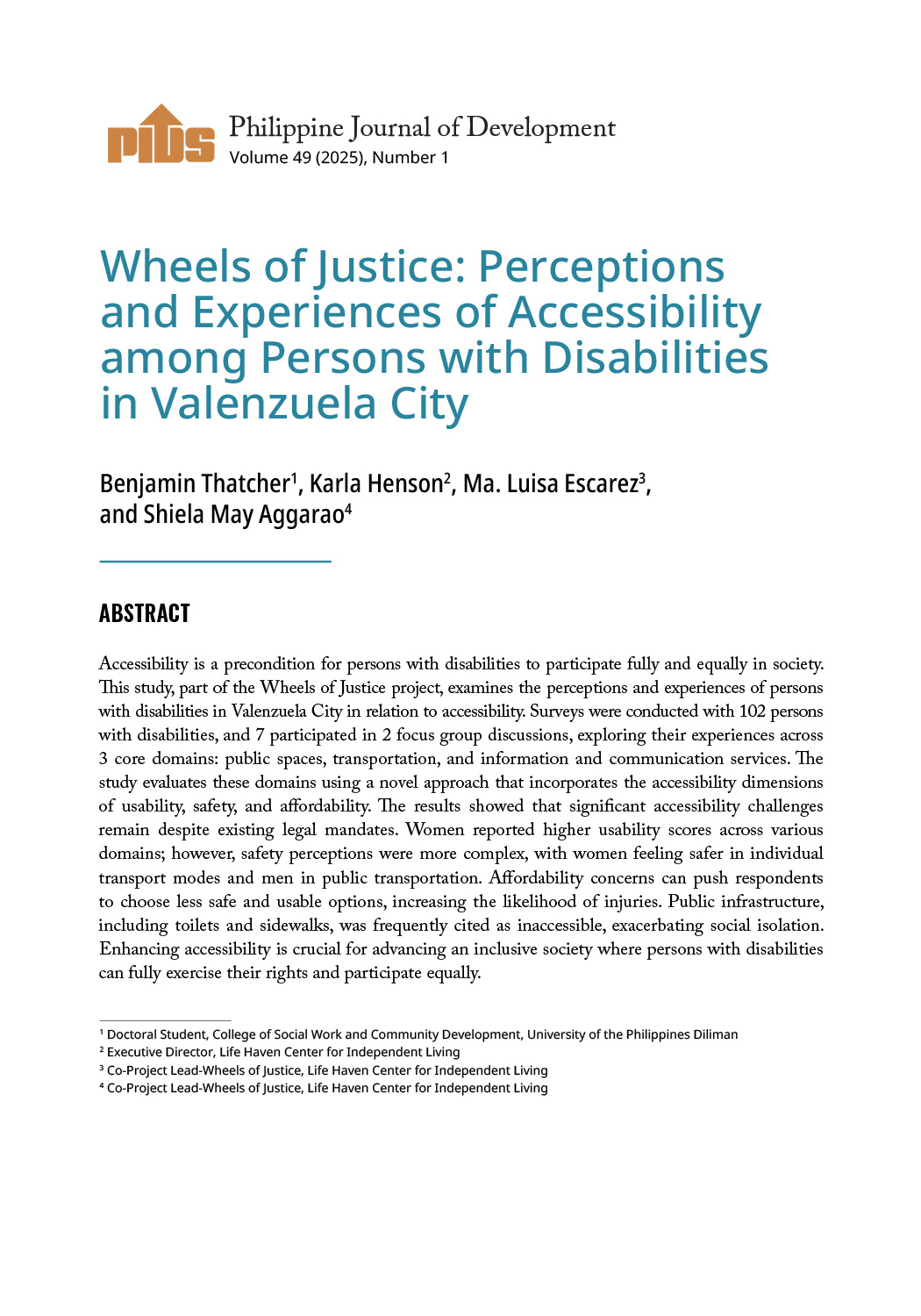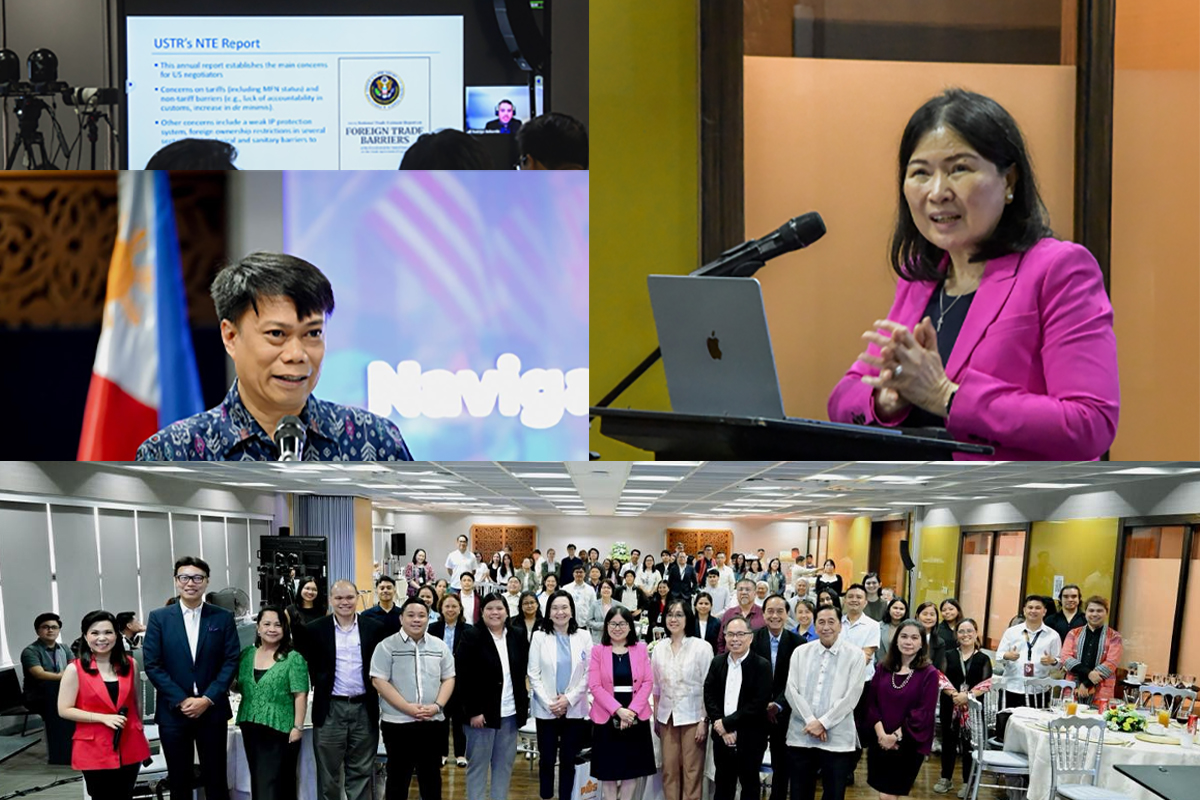It’s sad to note that whenever social protection is talked about in the Philippines, we often refer to those workers in the formal sector. Of the 101.5 Filipinos, more than 70 million are of working age and, according to the Philippine Statistics Authority (PSA), the labor force consists of 42.5 million, of which 40.7 million are supposedly employed. Of the 40.7 million employed, only 7.7 million are in the formal sector, while 33 million are in the informal sector.
The informal sector
The informal economy is the “diversified set of economic activities, enterprises, jobs, and workers that are not regulated or protected by the state.” The concept originally applied to self-employment in small and unregistered enterprises, or unpaid work in family enterprises. It has been expanded to include wage employment in unprotected jobs.
If the PSA statistics are accurate, the informal sector (or commonly known as the “underground economy”) employs 81.1 percent of all workers in the Philippines. The registered micro, small and medium enterprises ( MSMEs) hire 11.7 percent, and the large multinationals ( and employers with more than 200 workers each) hire only 7.2 percent of all employed workers.
It was in the early 1970s when economists all over the world started to debate on the role of the informal sector in economic development. At that time, big business was the recognized engine of the economy. The importance of the informal economy has since then became a serious matter, particularly in developing countries where the sector comprises at least three quarters of the non-agricultural labor force. As we write, the informal economy continues to expand in many contexts and in new places and new guises.
If properly given ample support, the informal economy could help reduce poverty, unemployment, and inequality. Unbeknownst to many legislators and policy makers, the labor, financial and economic policies they formulate tend to favor only the workers in the formal sector, excepting the unexpected adverse consequences of these policies. One of the unintended consequences of several policies is the growing informality, as employers (particularly the MSMEs) in the formal sector are pushed into the underground economy. The minimum wage and social protection apply only to the formal sector. The workers in the informal economy do not get the same treatment, as the underground economy does not offer the same “cushion” to workers, especially during economic crisis.
Framework
I personally believe that informal workers should have access to social protection to mitigate risks to their income and to help them cope with the vagaries of the market and the economy in general. Since the early 1970’s, government has had in its radar this sector, but informal workers today continue to suffer from lack of access to social protection. A long term, structural mechanism is much needed.
Across the world, provision of social protection to workers in the informal economy is being seen as an investment, rather than as “wasteful” welfare spending. Economists believe that we need “a system-wide approach to social protection for all strata of the population and workforce,” as short-term social assistance schemes are not enough to serve the needs of the vulnerable workers.
In some parts of the world, social protection systems are designed to reach as many workers as possible, and are supported by a range of financing mechanisms that include both public and private funds. The idea is for social protection to be “able to adapt to a wide range of contingencies, such as economic crises, collapse of particular industries, and changing climates and disasters” that put at risk workers’ incomes and lives.
Women are perhaps the most vulnerable workers in the informal economy. In some countries, they lack social status and are often excluded from social protection mechanisms. The women often have lower earnings, longer working hours, and poor working conditions.
Three pillars
A global US-based NGO, called the WIEGO Network (Women in Employment: Globalizing and Organizing), leverages the strength of membership-based organizations (such as trade unions), researchers and statisticians, and practitioners from development agencies around the world, to advocate policy reforms to address the lack of social protection for informal workers. Its work is based on three pillars, namely workers’ health, childcare, and income security for workers.
WIEGO’s rationale for the pillars is both simple and straightforward. Its workers’ health program provides a central point for information, research and network building to promote better health and better access to health services for informal workers. If women are to secure their income and improve their own well being, and that of their children, there must be ample state-supported child care provision that can help improve economic outcomes for poor working women in the informal economy. The pillar on income security is the newest in WIEGO, which finds a need for more institutional mapping and policy scoping.
Social protection in the Philippines
In a 2010 study by Dr. Aniceto C. Orbeta, Jr. of the Philippine Institute of Development Studies (PIDS), the author cited five pillars of social protection in the Philippines: social assistance and poverty-targeted programs (DSWD, DOH, DOLE); mandated public pension and defined benefit plans (SSS, GSIS, ECC, Philhealth, RSBS); mandated occupational and personal pension plans and defined benefit plans ( PAG-IBIG, GSIS, OWWA); voluntary occupational or personal pension plans (company-based provident or retirement funds); and voluntary, informal support and social programs, etc. (private pension, insurance, and pre-need plans).
Dr. Orbeta observes, “… The lack of coverage of informal sector workers persists. There is a continuing threat to sustainability because contributions and benefits are not strongly linked, particularly for the SSS. The funds are also subjected to continuous political pressure to finance social programs that are of doubtful return and which may not be in line with the long-term nature of the fund’s obligations….”
Barking up the wrong tree
Some legislators and policy-makers often bark up the wrong tree. Their consuming desires lately seem to be twofold – 1) the abolition of legitimate job contracting, in the guise of strengthening workers’ right to security of tenure, by making all jobs practically regular, and 2) increasing the wages of those who already have jobs in the formal sector.
As policies for doing business become more stringent, the tendency for the 99.4 percent of registered establishments (the MSMEs) is to go underground. Sadly, this growing informality does not augur well for the Filipino workers. In the end, the policies aimed at protecting labor will eventually disadvantage the sector they intend to protect.
Truly, the road to hell is paved with good intentions!












